Sinking Mexico: the strategy of the U.S. and the Mexican right wing
Álvaro Verzi Rangel
Mexican President Andrés Manuel López Obrador (AMLO) maintained that the relationship with the U.S. Embassy in Mexico is on pause after the interfering declarations of the head of that diplomatic mission, Ken Salazar, regarding the reform of the Judicial Power that is being processed in the Congress of the Union.
Salazar assured that the initiative represents a risk for the functioning of Mexico’s democracy, called the legislators to modify it and even threatened with controversies and actions by his country if it is approved in its current terms. AMLO described the outburst as a crude interventionist attitude, unfortunate and imprudent, and considered that it is not a personal opinion of the ambassador, but the position of the State Department.
Salazar’s interventionist expressions provoked López Obrador to determine that relations with that diplomatic mission and that of Canada are on hold: “How are we going to allow him to give his opinion that what we are doing is wrong? Two days later, the embassy stated that the U.S. supports the concept of judicial reform in Mexico, “but we are very concerned that the popular election of judges will not address judicial corruption or strengthen the Mexican government’s judiciary.”
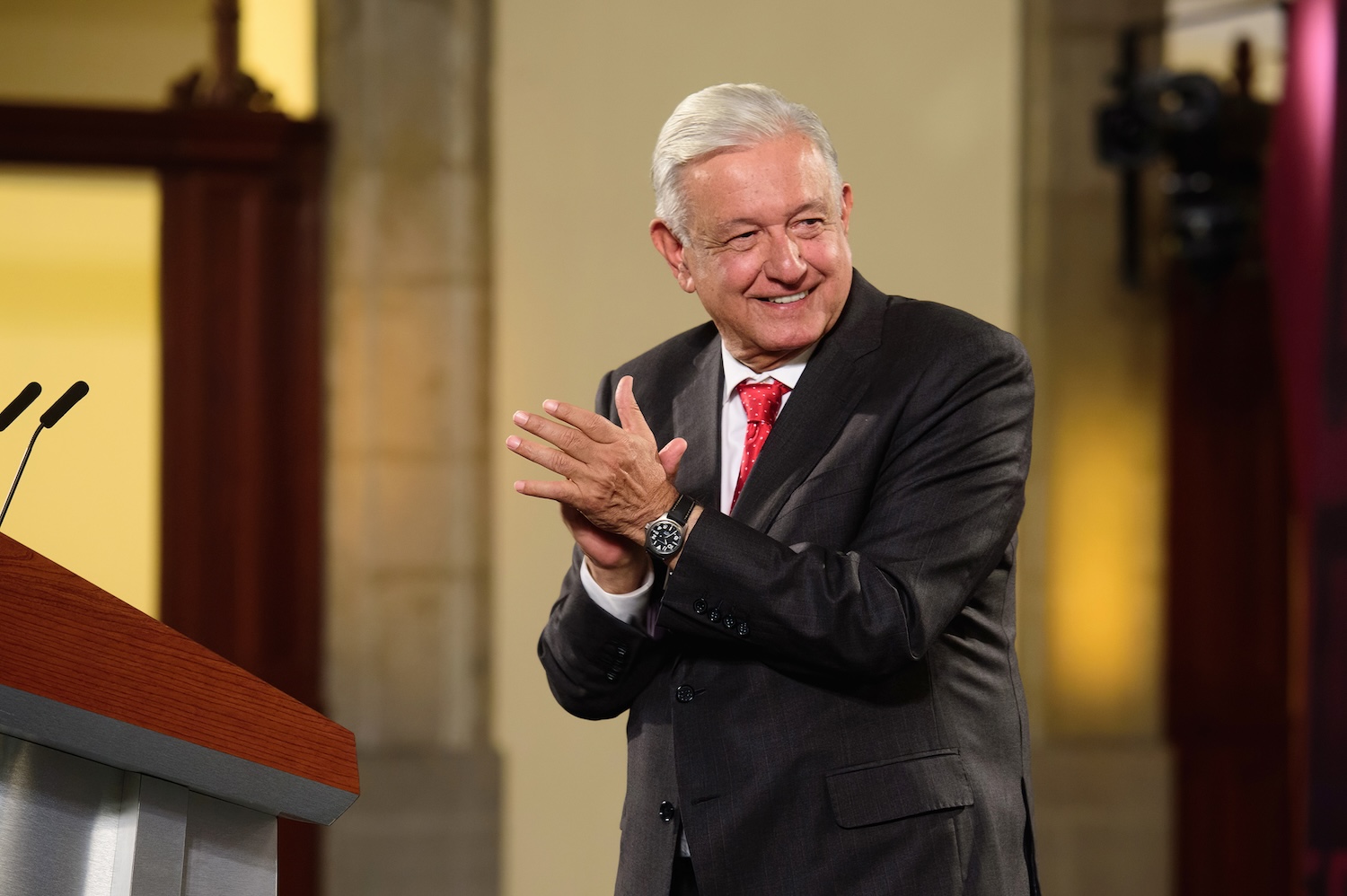
Simultaneously, the Wall Street Journal accused President Andrés Manuel López Obrador (AMLO) of “flirting with dictatorship” for the Judicial Branch reform, in an article where “three lies” are exhibited such as that the Judicial Branch reform will allow the president to impose judges, magistrates and ministers, that the National Electoral Institute will lose its independence and AMLO seeks to “annihilate the division of powers”.
The WSJ article spoke of the need for a “dialogue” between López Obrador and the U.S. Ambassador to Mexico. The president’s response was immediate: There is no possibility of dialogue on the issue of the reform of the Judicial Branch.
“There must always be dialogue, the issue is that the issues related to Mexico, well, they correspond to us. Foreigners cannot come, no foreign government, to deal with matters that only correspond to Mexicans, it is a basic principle of independence, of sovereignty”, said López Obrador.
The offensive against the Mexican government includes comments from right-wing Mexican journalists such as Carlos Loret de Mola, who pointed out, in his news program in Latinus media, that the great international concern is that the Judicial Reform of AMLO and the next president Claudia Sheinbaum may generate an economic crisis.
U.S. journalist Mary Anastasia O’Grady writes “The Americas,” a weekly column on politics, economics and business in Latin America and Canada, published every Monday in the Journal.
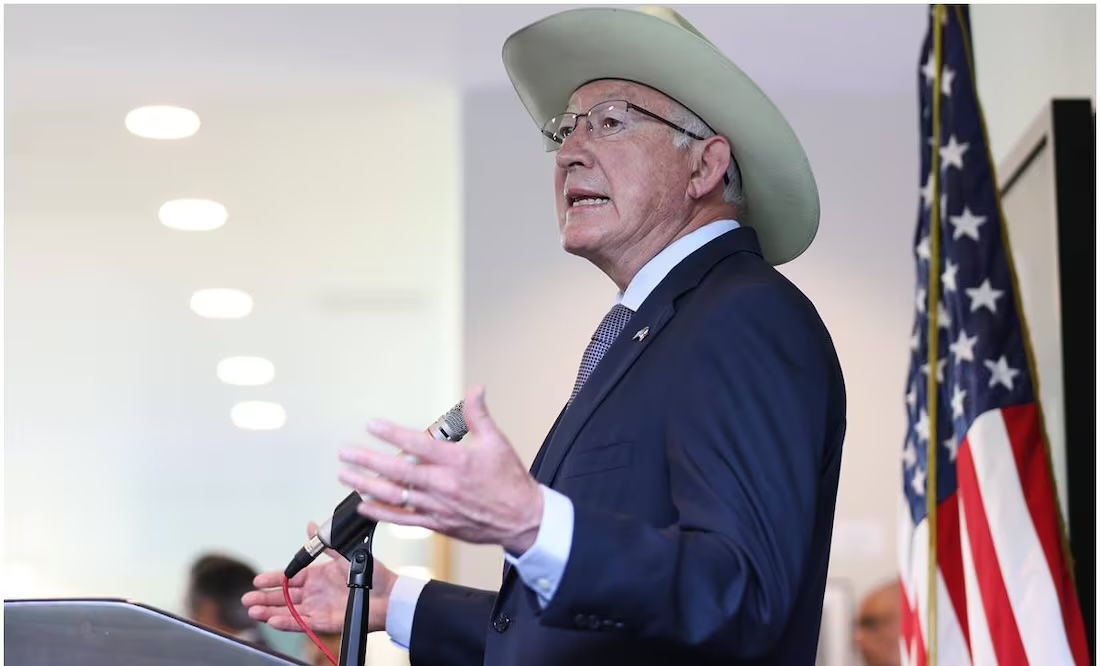
“First it was the international banks, then the US government in the voice of Ambassador Ken Salazar, and this weekend it was three of the most influential newspapers in the world, three newspapers that are read by large investors and that are raising their voices about the disaster that is becoming the end of López Obrador’s six-year term and the black outlook for the beginning of Claudia Sheinbaum’s,” says Loret de Mola.
Mainly from the United States, warnings were issued that the Judicial Reform will “dynamite” the rule of law, and will affect the economy. Now, they are warning about the risks implied by the continuity of López Obrador’s energy policy, who supposedly bets on dirty energies, hinders competition and investment, and intends to continue allocating money to the state-owned oil company Pemex.
But what is clear is that the right-wing opposition, unable to change the constitutional interpretation in its favor, seeks to destabilize the Mexican economy in order to affect the government.
Loret de Mola, one of the Mexican repeaters of the campaign, describes Pemex as a “bottomless barrel”, and says that it is the most indebted oil company in the world. The campaign tends to create an opinion matrix in favor of the privatization of Mexican oil, for which U.S. transnationals have been working for years.
The opposition’s strategy -assisted by the interested U.S. media- includes irresponsible actions that threaten the stability of the country, speculating against the Mexican peso to weaken the economy, in the search for an unstable climate that will allow them to get closer to power, although constitutionally they must wait six more years.
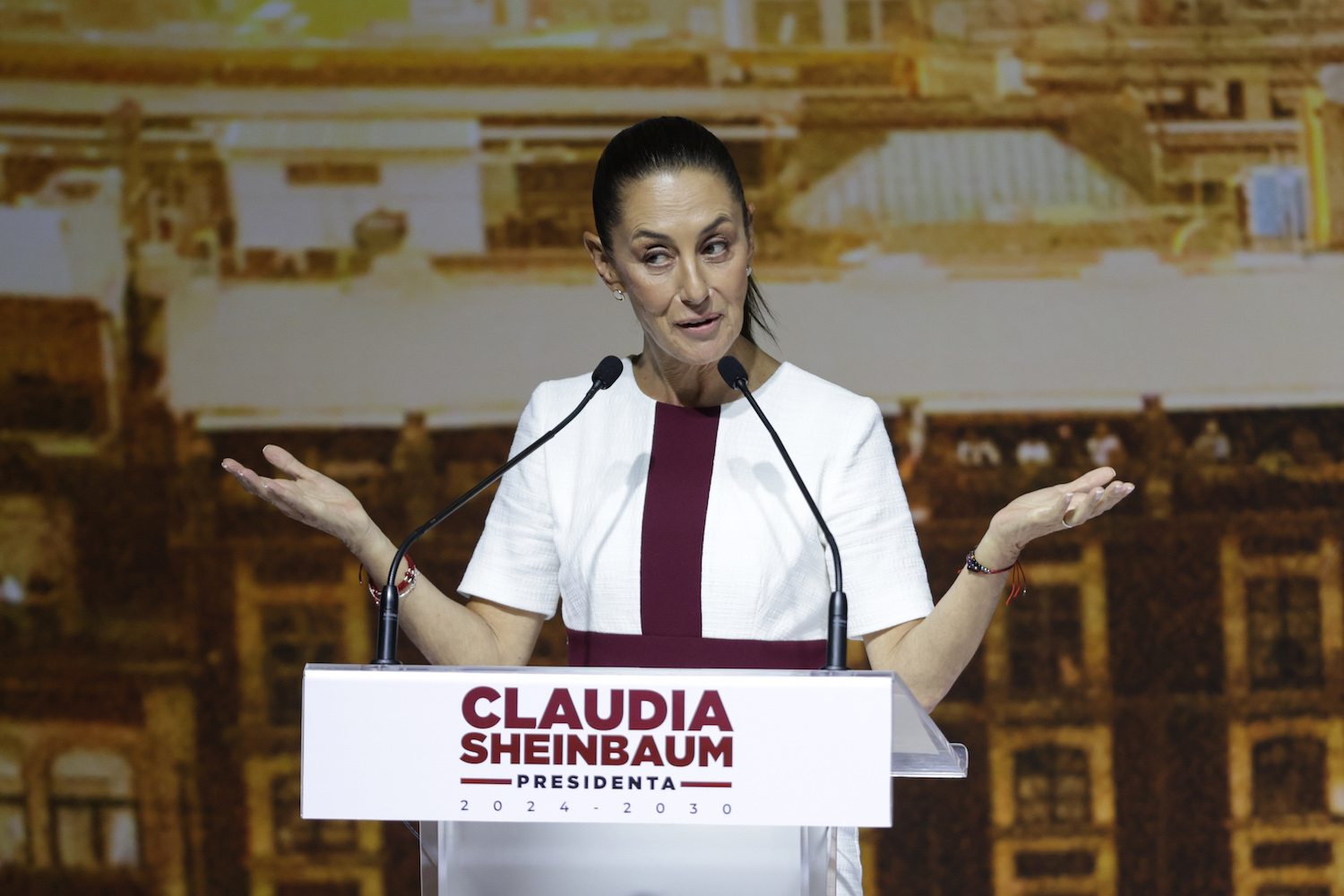
Knowing that the opposition will continue to use its financial influence to destabilize the government, since they have no power at the ballot box, and beyond what the current president may say or do, it is also up to his successor, Claudia Sheinbaum, to redouble her efforts to reassure investors and assure them that the reforms will not lead to a dictatorship.
Likewise, López Obrador dismissed threats in the sense that this reform would damage the T-MEC, “and even if that were so: Mexico is a free, independent and sovereign homeland, that is above any treaty,” he said. He pointed out that there is no anger or confrontation with Ambassador Ken Salazar -who last week expressed his open rejection to the aforementioned reform and said he was open to dialogue on the issue-, but remarked that Salazar cannot give his opinion or ask for a discussion on the matter.
“No, if it is not a quarrel, it is just to clarify that we are independent and sovereign countries, very respectful of our relationship of friendship, of cooperation, but it is not possible for a foreign ambassador to give his opinion on what is right or wrong in our country, that is not the function of an ambassador (…) he is a very good person, but he is a politician and we will not always agree”, added the President.
“It is like if I ask to go to Washington to talk about the sale of armaments to make war in the world, what do I have to get involved in? (…) This is a Mexican issue and it is being resolved in the institutions of our country,” he said.
AMLO said that the use that has been given to the T-MEC issue as a kind of threat against the reform to the Judicial Power is a way of trying to turn it around. “The treaty is not for us to cede our sovereignty; the treaty is commercial, it is to have a very good economic-commercial relationship that is convenient for both nations, but it is not for Mexico to become an appendix, a colony, an associated state,” he remarked.
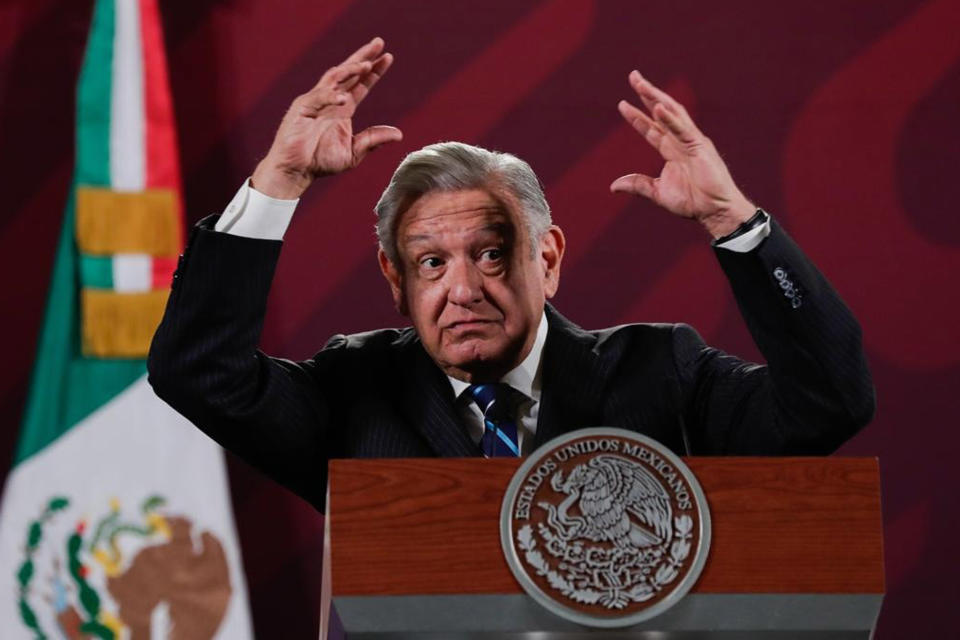
He stressed that even if there were sanctions against Mexico, “we Mexicans have to put our sovereignty first, that is, we cannot submit. It is the history of Mexico, it is the sacrifice of many people to achieve a free, independent and sovereign homeland, that is above any treaty”.
The President stated that the T-MEC is convenient for the three North American nations (USA, Canada and Mexico) to become the strongest economic and commercial zone in the world, for which the rest of the continent must also be included: T-MEC is an agreement with the USA and Canada without turning its back on Central America – Grupo Mileniodel continente. Quoting the “philosopher” Cantinflas (famous Mexican comic actor), he reaffirmed that this is the key to everything: that we learn to respect each other. We need each other to grow.
Sinking the ship
While Donald Trump threatens to sink Mexico into a recession with tariffs due to illegal immigration, in view of the failure of the opposition to get the councilors of the National Electoral Institute to take away the qualified majority from Morena (the governing party, wide winner of the last elections) the hard way, that is, to change the constitutional interpretation to suit the opposition, his next strategy is to sink the whole ship. The whole country, pointed out columnist Viri Ríos in Milenio.
The strategy, outlined in its most radical version by the Wall Street Journal columnist, consists of “short Mexico”, that is, to use an aggressive financial strategy to speculate against the peso, which tends to bankrupt entire economies. O’Grady suggested sinking the Mexican economy because, as Ciro Murayama commented on UnoTV, Morena achieved the supermajority in Congress “through fraud”.
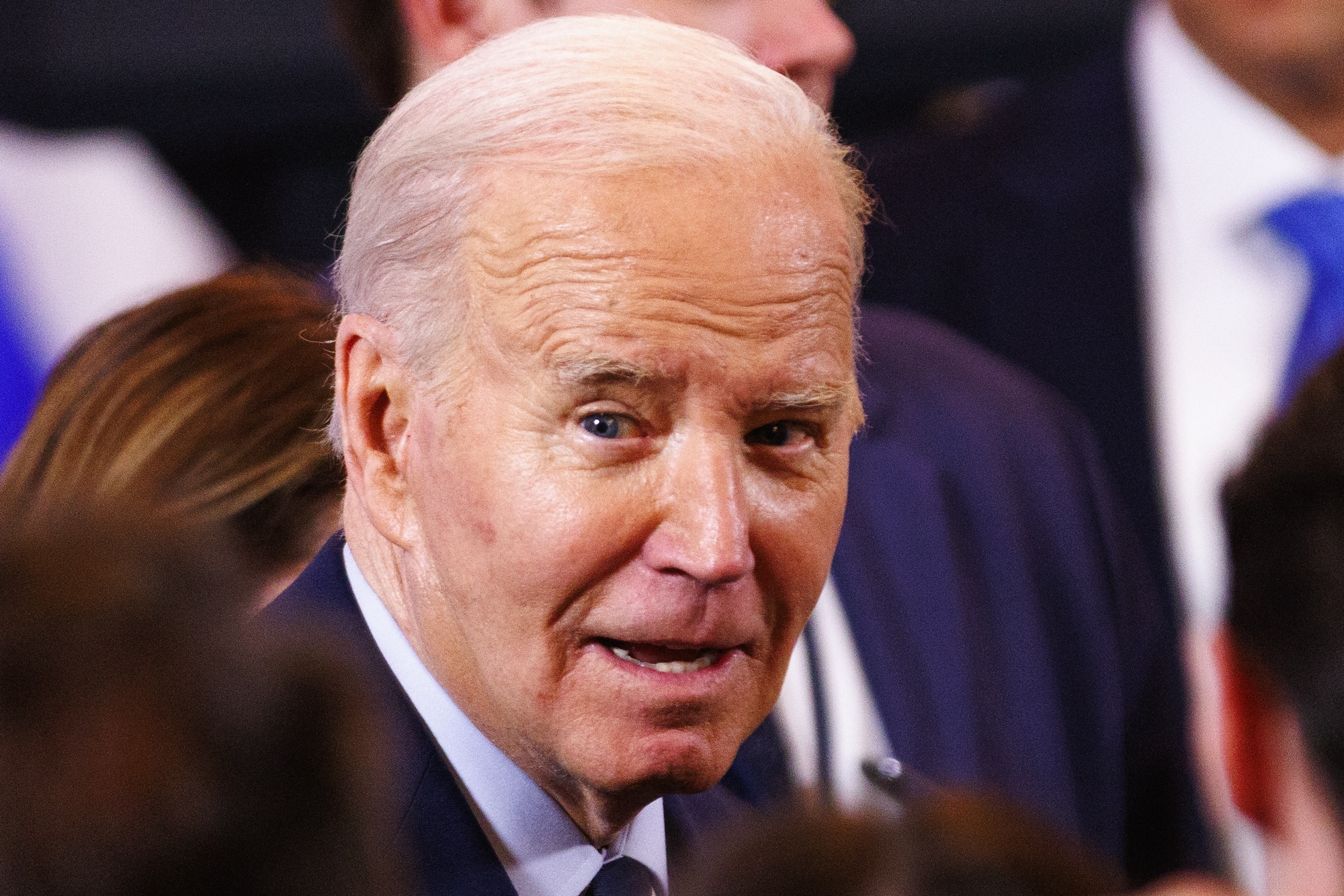
Viri Ríos affirms that this is evidence that the rhetorical escalation of the opposition has already reached dangerous points: “their lies are no longer mere hyperbole repeated in their related media and Youtube. Now, they are attacking the stability of the entire country. Their irresponsibility is capital”.
He explains that the anger of the opponents for their defeat is so great that they prefer to “throw the country overboard, inflict tremendous suffering to Mexicans and impoverish us, rather than allow Morena to continue winning elections. This is serious and Morena must react very intelligently”.Viri Ríos presents her book ‘No es normal’ in Monterrey- Grupo Milenio
The task of Claudia Sheinbaum, who will begin her presidency on October 1, is to redouble her campaign to hold one-on-one meetings with high-profile investors in order to communicate the scenarios that come after the reforms and the explicit content of them.
It should be clear that the result will not be a dictatorship, as the clairvoyants of the catastrophe predict, says the columnist. Whoever is interested in the stability of the country, including many businessmen, should stop repeating, without further analysis, what the catastrophist opponents say, with no interest in stability, because they have no power at the ballot box. On the contrary, instability would help them win elections. Their only power is money and that power is enough to sink the ship, warns Viri Ríos.
*Sociologist and international analyst, Co-director of the Observatory on Communication and Democracy and senior analyst of the Latin American Center for Strategic Analysis (CLAE, www.estrategia.la).
